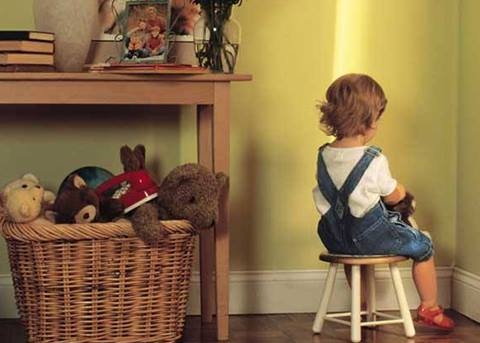Benefit from adequate sleep
30/05/2016
-Ohana
-0 Bình luận
Benefits from adequate sleep are universal to children everywhere. Sleep, among other factors, influences your child's temperament. Poor sleep (too little and/or poor quality) is associated with behaviour problems like aggression, defiance, non-compliance, oppositional behaviour, acting out, and hyperactivity. The inability to put her/himself back to sleep unassisted and irregular bedtimes are also associated with behaviour problems. It is clear, then, that the proper amount and quality of sleep are very important for your child's development.
Children 1 to 3 years need 12 - 14 hours per day, although they typically only get 10 hours.
As your child moves past the first year toward 18-21 months old he/she will lose his morning nap and nap only once a day for an hour and a half to two hours. The transition to one nap may be a bumpy one, though, where one nap is not enough and two are too many.
Most children from about 21-36 months old still need one nap a day, which may range from one to three and a half hours long.
If your child is sleeping well and is rested, occasional changes in his/her daily routine are generally well tolerated. However, if he/she is not sleeping well, changes may cause quite a few problems.

Many factors can lead to sleep problems. Toddlers' drive for independence and an increase in their motor, cognitive and social abilities can interfere with sleep. In addition, their ability to get out of bed, separation anxiety, the need for autonomy and the development of the child's imagination can lead to sleep problems. Daytime sleepiness and behaviour problems may signal poor sleep or a sleep problem. Children at this age often develop sleep issues that include fears (monsters, the dark, and separation), refusing to take naps, resisting going to sleep, night waking, getting out of bed, and getting up too early. Though this may sound overwhelming, starting early and consistently maintaining healthy sleep habits prevents many problems and makes dealing with those that do occur much, much easier.
Sleep Tips For Toddlers:
- Maintain a daily sleep schedule and consistent bedtime routine.
- Make the bedroom environment the same every night and throughout the night.
- Set limits that are consistent, communicated and enforced. Encourage use of a security object such as a blanket or stuffed anima.
Children aged 3 to 6 years (called preschoolers in this article) typically sleep 11-13 hours each night. As with toddlers, difficulty falling asleep and waking up during the night are common.
With further development of imagination, preschoolers commonly experience night-time fears and nightmares. In addition, sleepwalking and sleep terrors peak during preschool years.
You are probably impressed and exasperated at how well your child has developed bedtime stalling tactics, and at how easily you may be manipulated -- "I need to go to the bathroom (again). I need a glass of water; I am so thirsty. Wait, I love you (for the fourth time)."
Sleep Tips for Preschoolers
- Maintain a regular and consistent sleep schedule.
- Have a relaxing bedtime routine that ends in the room where the child sleeps.
Child should sleep in the same sleeping environment every night, in a room that is cool, quiet and dark – and without a TV.











